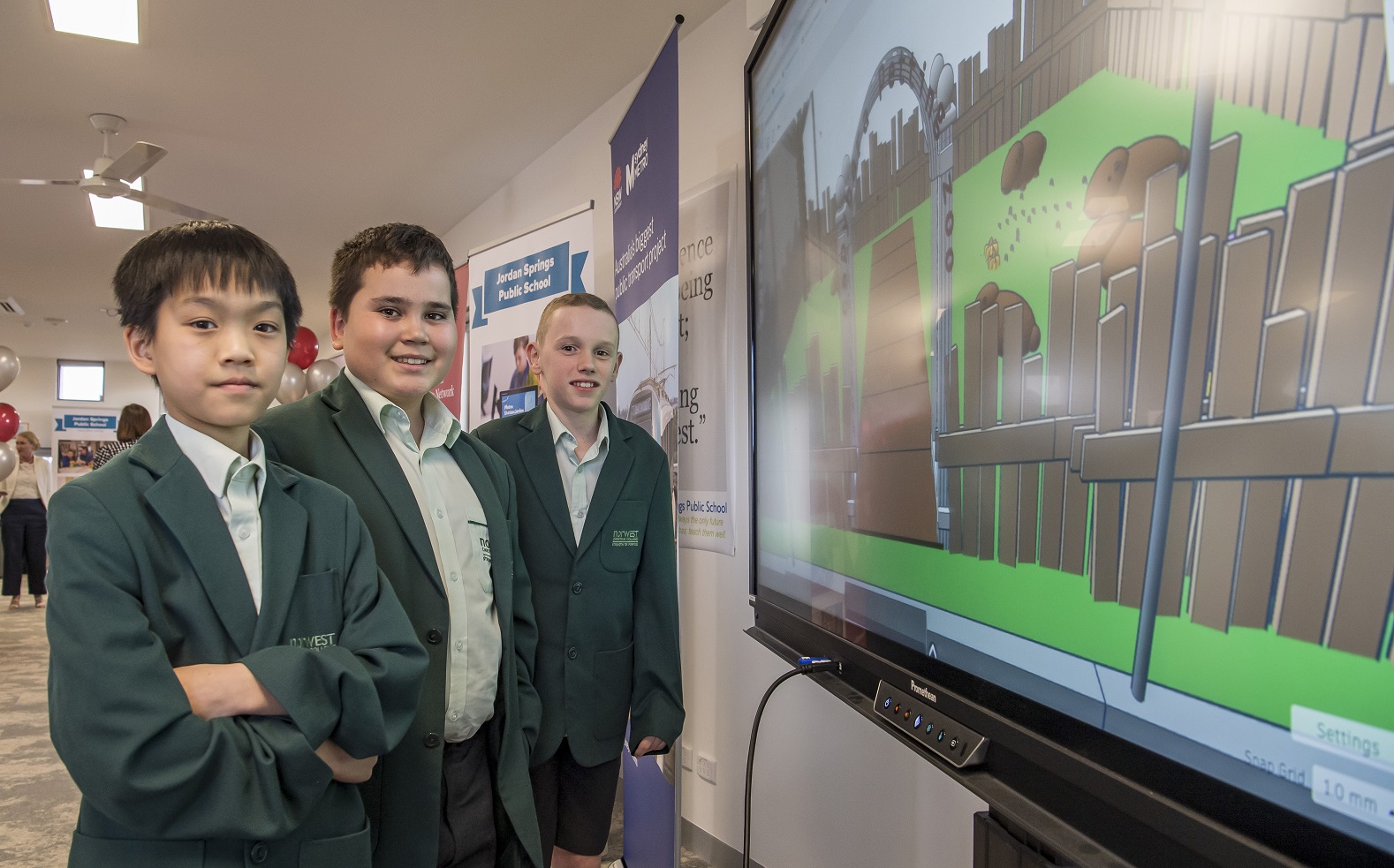Research Programs
CER Research Programs represent groups of researchers working on multiple projects contributing to a common theme. In 2020 three overarching research themes encapsulated significant work in the areas of social justice and inclusion, the connected STEM curriculum, and planetary health and wellbeing. Working within collaborative groups on related projects allows for new insights to be garnered that might otherwise go undetected. This collective approach helps to build the capacity of CER researchers through the sharing of research methodologies and approaches, enabling the building of new knowledge in these fields.
(Photo courtesy of Sydney Metro)

2023 Research Programs
Education for Social Justice and Inclusion (ESJI)
Education for Social Justice and Inclusion investigates, analyses and challenges educational inequalities in formal and informal education, curriculum and pedagogies from early years to post-secondary education. We engage in research that examines the causes (political, social, economic, ideological) and develop new ways to address and reframe factors for change. Through a mix of methodologies, we (i) identify how education supports Aboriginal, culturally, linguistically and economically diverse communities and marginalised learners, (ii) recognise and leverage social, cultural and linguistic knowledges that students, families and communities bring to educational settings; and (iii) foreground activist democratic participation in highly complex settings to promote social justice and inclusion.
Children and adolescents’ attitudes, aspirations, and outcomes in STEM: Insights through quantitative analyses
This research program will focus on the use of advanced quantitative methods and analyses to investigate children and adolescents’ attitudes, aspirations, and outcomes in STEM subjects, particularly science and mathematics. It combines new and existing projects that will generate new data sets and make use of existing big data sets, including the Longitudinal Study of Australian Children (LSAC), the Program for International Student Assessment (PISA), and the Trends in International Mathematics and Science Study (TIMSS). The program will leverage these sources of data to make significant contributions to knowledge and inform future interventions to improve children and adolescents’ experiences in STEM education.